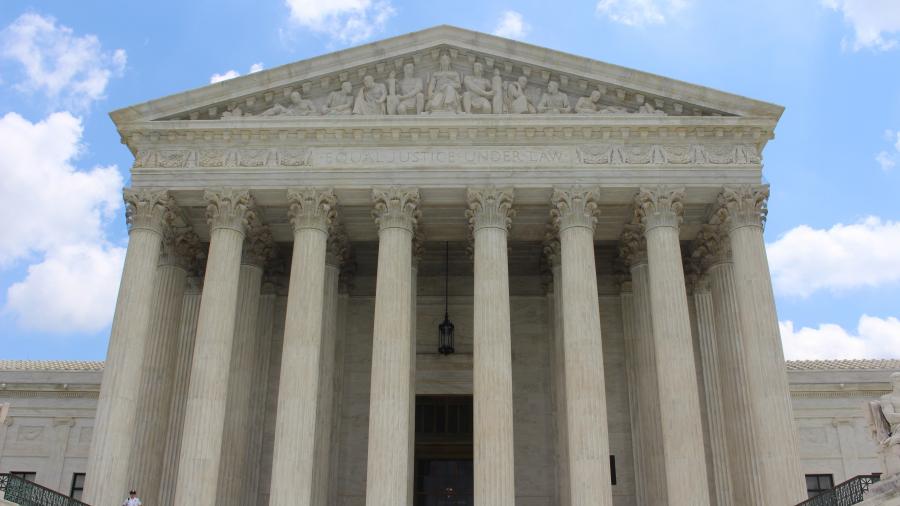
Speed Read
In Waratek Holdings Ltd & Ors v Waratek Ltd & Ors [2019] IEHC 903, the Commercial Court granted an order directing the plaintiffs to provide security for costs, despite their contention that their impecuniosity was due to the actions of the defendants.
Background
The underlying proceedings concerned the validity or otherwise of a merger agreement. The first named defendant company was the owner of a patented anti-virus technology. Its case was that a purported merger with the first named plaintiff was invalid, as it had been based on a provision in its Articles of Association that referred to sale of shares to an 'unaffiliated third party'.
In the aftermath of the execution of the merger documents, it had come to light that the counterparty was, in fact, controlled by a Mr Brian Maccaba or persons associated with him. Mr Maccaba had been CEO of the defendant group of companies, and had been an actual or de facto director of the first named defendant at various periods prior to and during the merger transaction. The defendant thus pleaded that he was, therefore, not an 'unaffiliated third party', and the merger was invalid.
The first named defendant, having determined to treat the merger as 'null and void and having no effect', entered into a Share Subscription and Shareholders' Agreement with a new investor, in which they warranted that the previous purported merger had not been given effect to, and would not be given effect to.
In the context of the plaintiff's application for, inter alia, a declaration that the merger was valid, and the defendant's counterclaim for a declaration that it was void, the defendants sought security for costs.
Judgment
The Court applied the well-established test for an application of this nature. It concluded that, on the basis of the limited affidavit evidence put forward by the plaintiff (and taking particular note that Mr Maccaba, a defendant to the counterclaim, had declined to swear an affidavit to address the accusations levelled at him), that a prima facie defence had been established.
The parties agreed that, if unsuccessful, the plaintiff would be unable to meet the costs of the proceedings, but the plaintiff claimed a 'special circumstance' in that its impecuniosity was caused by the actions of the defendant.
The Court held, contrary to the argument of the defendant, that the ability of the plaintiff to meet costs should be measured giving the plaintiff the benefit of the assumption that the merger was duly and validly executed - that is to say, that if it were not for the actions of the defendant, it would have had a shareholding value of approximately $28million.
The Court however, was satisfied that, as is common in the case of technology companies, the valuation was an 'enterprise value' based on targets and projections, and not a measure of its current ability to fund its activities without further investment.
On that basis, it determined that it could not be said that the plaintiff's inability to meet a potential future costs order stemmed from the avoidance of the merger by the defendant.
The Court thus acceded to the defendant's application for security for costs.

